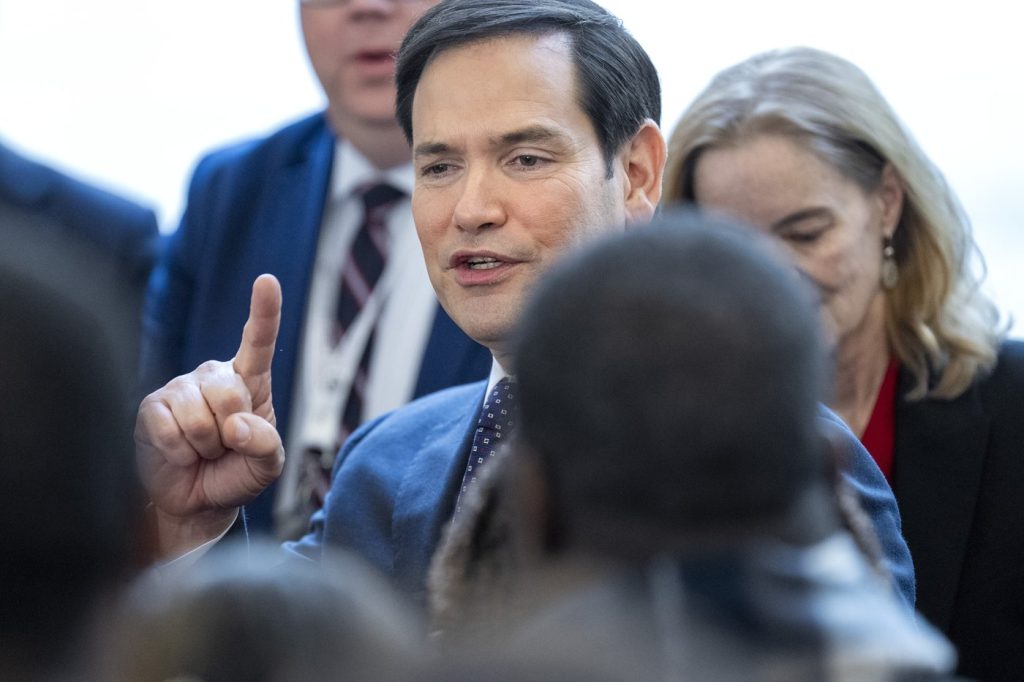In a recent development in U.S.-China relations, China's veteran Foreign Minister Wang Yi issued a subtle warning to the newly appointed U.S. Secretary of State Marco Rubio during their first phone conversation on January 21, 2025. The conversation marked the first exchange since Rubio's confirmation just four days earlier as President Donald Trump's top diplomat. Wang utilized a specific phrase that is commonly interpreted as a reminder for one to behave properly and be accountable for their actions.
The phrase Wang used traditionally conveys a message of expectation from a teacher or supervisor to a student or employee. It was interpreted in light of Rubio's previous vocal criticisms of China, particularly regarding its human rights record, which had led to the Chinese government imposing sanctions on him twice in 2020. The sanctions were a direct response to U.S. measures against Chinese officials related to the crackdown in Xinjiang and perceived foreign interference in Hong Kong.
The ambiguity of the phrase employed by Wang allows for a diplomatic warning while maintaining a level of courtesy necessary for continued engagement. Zichen Wang, a research fellow at the Center for China and Globalization, highlighted that such linguistic practices are rooted in Chinese traditional wisdom and the classic forms of communication. During his confirmation hearing, Rubio underscored the importance of understanding the original Chinese language to decode Xi Jinping's words accurately, advising against relying solely on English translations which he deemed unreliable.
While the U.S. statement following the phone call did not refer to Wang's phrase, it did emphasize Rubio's commitment to advancing American interests in its relationship with China. The statement expressed significant concerns regarding China's coercive actions toward Taiwan and its activities in the South China Sea. This reflects the ongoing tensions between the two nations, particularly in areas where their interests conflict.
Wang Yi previously served as foreign minister during the imposition of sanctions on Rubio in July and August 2020, highlighting the historical context of their interactions. The sanctions against Rubio included restrictions on his ability to travel to China, which raises questions about how these diplomatic relations will evolve under Rubio's tenure as Secretary of State. While Chinese officials have indicated a desire for engagement with Rubio, they have not made any concrete statements about permitting him to visit China for discussions.
As the United States and China continue to navigate a complex and often contentious relationship, these early interactions will likely set the tone for future diplomatic engagements. Rubio's approach, informed by his earlier criticisms and the immediate implications of Wang's message, will play a crucial role in shaping this dynamic moving forward.










